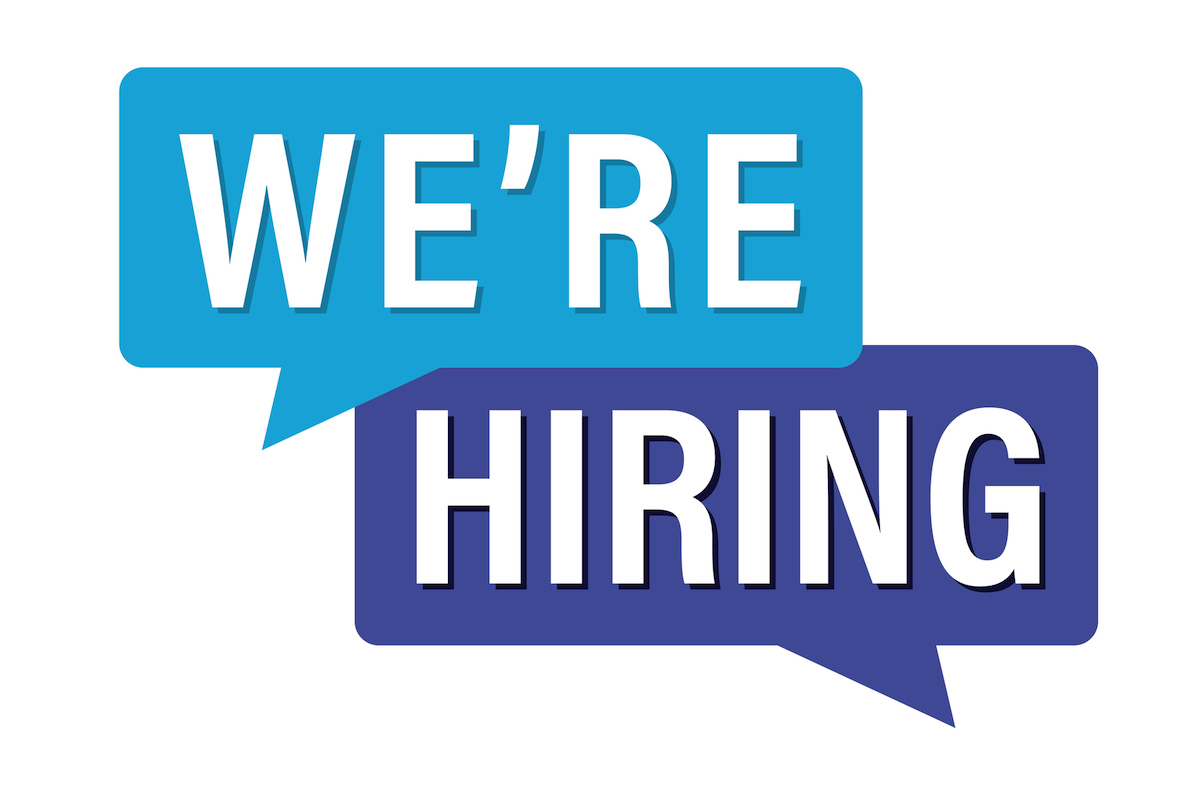The Skills Gap Challenge: What Contra Costa County Employers Seek Most in Employees
As an organization committed to solving regional workforce challenges, we were particularly concerned by a phenomenon called “The Great Resignation.” Workers left their jobs in record numbers with few replacements to be found, placing many small business owners in a particularly stressful bind.
We conducted an employer survey earlier this year to answer questions related to The Great Resignation in Contra Costa County. Are local employers hiring? Are they having difficulty finding employees? How do they fill vacancies? Did a forecasted, post-pandemic employee surge happen?
In this article, we explore Contra Costa County employers’ difficulties finding employees with hard skills and soft skills. For reference, hard skills are defined as specific knowledge and abilities required to complete a job, such as a language proficiency, computer programming, or typing speed. Soft skills, also known as “people skills,” are related to personal interactions such as communication, organization, and teamwork.
Monster’s Future of Work Report 2022 suggests that a burgeoning skills gap is an international concern, revealing that:
- 93% of employers are doing some sort of hiring
- 91% of employers are struggling to fill positions because of a skills gap
- 29% say the skills gap has increased compared to a year ago
- 63% of employers are willing to hire someone with transferable skills and train them
- 50% of employers say candidates need to better articulate their skills
Future of Work Report respondents worldwide said the most difficult-to-find hard skills include IT, strategic planning, and operations and computer skills. The most difficult-to-find soft skills are communications, problem solving/critical thinking, and dependability.
Contra Costa County employers report similar skills gap troubles. When asked which skills are the hardest to find in job candidates, 27% of respondents said hard skills, 27% said soft, and 45% responded with open-ended answers that particularly highlighted the soft skill of dependability. Employers said they need:
- “Both hard and soft [skills]. People [must] understand you have to show up on time, have a positive attitude and want to work.”
- “Combination of both. Must have motivation and be able to work independently.”
- “Accountability, responsibility, integrity.”
- “Mechanical skills and problem-solving skills. People who can work with their hands and have people skills at the same time.”
- “People that show up every day on time!”
- “Grit”
One Contra County employer said, “skills are available in the market, but at prices that aren’t sustainable.”
We spoke with two local employers to drill down on the skills gap situation in Contra Costa County and the tactics they use to mitigate it.
Local Challenge: Finding People Who Are ‘Motivated and Responsible’
Taylor Green is a human resources coordinator with WasteXperts, which provides on-site waste sorting services in California, Nevada, and Washington. In the Bay Area, WasteXperts’ greatest staffing need is for entry-level drivers and driver assistants.
With tasks involving sorting trash and recyclable materials, these jobs are primarily physical, with few hard skills required. However, Green’s experience with workers’ soft skills mirrors that of her employer counterparts: accountability is in short supply.
“Our shifts start early, around 3:30 or 4:00 a.m. Monday through Friday,” she says. “Our biggest challenge is finding people who are motivated and responsible to be there on time.”
Green says the organization uses different tactics to bolster attendance and overall morale. “Getting someone to come to work is out of our control,” she says. “The best we can do is offer benefits and incentives, acknowledge successes and highlight birthdays and anniversaries.”
Green wishes she could help potential drivers and driver’s assistants envision the tremendous opportunity for growth at WasteXperts. “Someone can come in with no experience and build an impressive career,” she offers. “It’s a great opportunity if you can get past the smell.”
Local Challenge: Finding People Who Are “Teachable and Hungry”
Heraeus is an international company with a medical component manufacturing division in Concord. The Contra Costa County facility produces medical devices such as heart and brain stents with a staff of 85 full-time employees and approximately 70 temporary workers.
Scott Summers has worked at the facility for nearly 14 years in various roles, most recently as HR business partner. Most of his hiring needs are for direct labor in operator positions, and, like Green, it’s been a struggle to find the right people.
“I can train almost anyone who wants to do the work, but the key is finding someone who is teachable and hungry,” says Summers, who uses a temporary-to-permanent model for sourcing full-time employees. “The hardest part is finding people who are motivated and want to work.”
A recent Heraeus employee study revealed that the facility’s base hourly wage attracted only 25% of its potential talent pool. Therefore, the company increased the hourly base rate by 22% with the goal of reaching 50% of strong candidates. Summers hopes the boost will draw quality talent and improve retention. The company also offers employee referral bonuses.
Like Green, Summers lightens the workplace mood with fun perks like a monthly complimentary lunch or sweet treats such as ice cream sandwiches.
“We try different things to keep employees engaged and enjoy coming to work,” he said.
WasteXperts and Heraeus are just two examples of local employers experiencing difficulties finding and retaining employees with the right skills. If you face similar issues and need help finding ways to overcome the skills gap in your workplace, the Workforce Development Board of Contra Costa County offers a full complement of business services. Email us at wdb@ehsd.cccounty.us or call us at (925) 671-4560.





